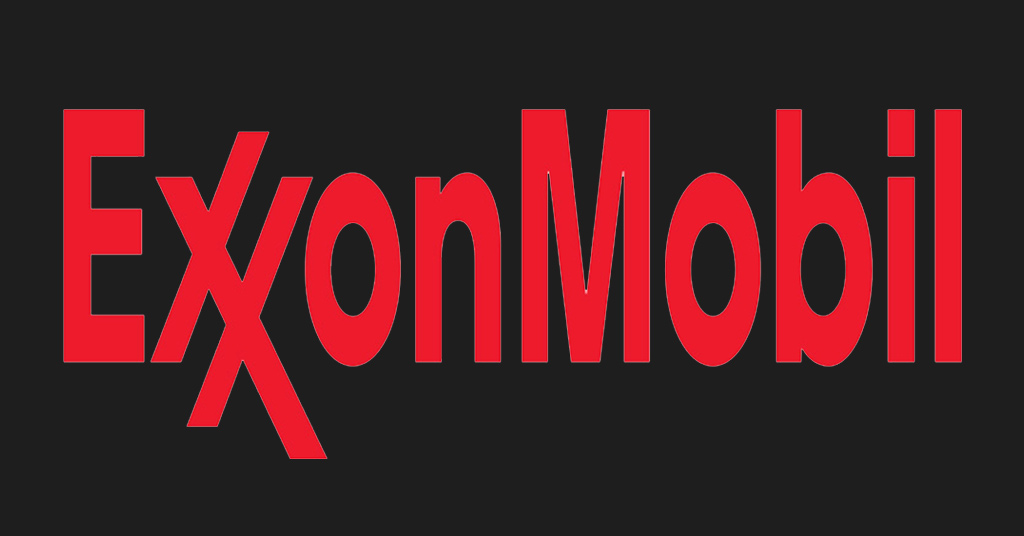Welcome To ChemAnalyst

IRVING, Texas [U.S.]: In its latest move, ExxonMobil has announced the sale of its Italian and Thai assets. This is just one step in a wider trend of divestment by oil Majors to rationalize their businesses and explore new opportunities.
ExxonMobil has sold its Italian fuel and refining assets to Italian fuel and mobility group IP, putting an end to ownership of the 134,000 barrel-per-day Trecate refinery. The deal is expected to complete in mid-2023, granting full ownership of the refinery to IP who previously owned 25%.
ExxonMobil has reached an agreement to dispose of its 65.99% stake in Esso Thailand, the second half of 2023. The deal includes Esso's Sriracha refinery, distribution terminals and pipelines, along with a network of 700 service stations branded with the Esso name.
While ExxonMobil won't retain direct ownership of these assets, they will supply the markets with their branded finished lubricants and chemical products, nonetheless. Bangchak is ready to take control of the operations as soon as the deal goes through.
The leadership at Trecate has decided to step away from their current focus on petrochemicals and lubricants, citing an unfavourable location and low net cash margins in 2021. Being located inland makes it increasingly difficult to compete on price and decarbonize, leading the company to search for other options that better align with their business goals.
ExxonMobil has decided to shift its focus away from mid-ranking sites such as SriRacha, which do not align with the company's vision of producing lower-emission fuels and high-performance products on an expansive scale.
ExxonMobil's assets, including Trecate and Sriracha, are evaluated with the proprietary Refinery Evaluation Model and Emissions Benchmarking Tool. This chart shows the integrated Carbon emissions intensity and NCM (Net Carbon Metric) for these assets in 2021.
For most of the major oil and gas companies, divesting non-core assets is a desirable strategic move. ExxonMobil has identified several refinery-only sites that are outside its long-term goals, while BP plans to reduce their current six refineries to meet their 2030 goal. Shell has identified five key petrochemical integrated assets and is looking to divest the others. TotalEnergies may choose to sell its remaining standalone refineries and Chevron continues to own sites that may weaken its focus on downstream decarbonisation. All these companies are hoping to align their business strategies as they move forward with divesting non-core assets.
Refinery margins have been strong enough to make divestment seem non-urgent. As a result, companies may look for further asset sales when the opportunity arises, rather than proactively seek them out.
We use cookies to deliver the best possible experience on our website. To learn more, visit our Privacy Policy. By continuing to use this site or by closing this box, you consent to our use of cookies. More info.
